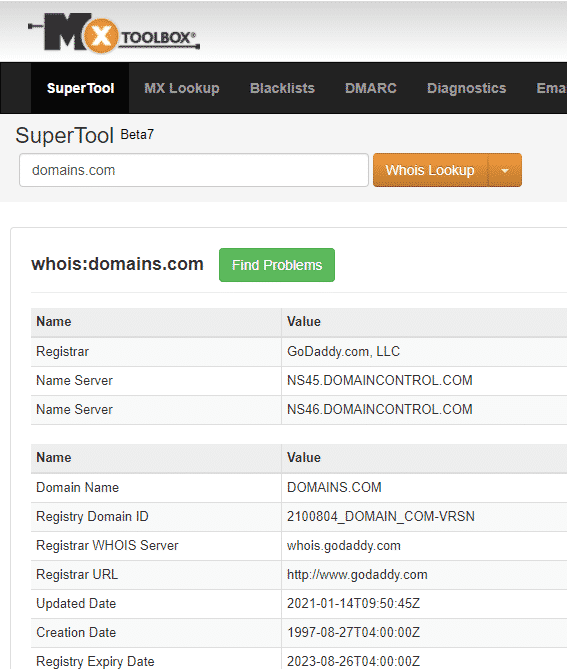My role at Haley Marketing involves assisting our Project Managers (and our clients) in taking their new websites live. One of the trickiest questions we ask of our clients when getting ready to go live – Who hosts your DNS?
I would estimate that about half of our clients know what that means – and the other half scramble around the office looking for who may have set up their domain, or if they have a tech team, they may not have to scramble too much.
But a great deal of clients have no idea what we’re talking about when we ask about their DNS.
There are a ton of articles online explaining this concept – here’s a quick summary:
Domains
Ideally you (or someone in your company) registered your domain name with a domain registration service – the more common ones you may recognize? GoDaddy, Network Solutions, 1and1, HostGator, etc. Your domain is something you must renew, typically yearly. Your domain is essentially an asset of your company – so if you’re working with a vendor, make sure YOU are the registered owner of the domain, so if you happen to part ways with your vendor, you still maintain control.
Domains are pointed to Domain Name Servers, which contain a DNS Zone File, or set of DNS records. Those records associate your domain and or any subdomains with web servers (so you have a website), your domain with your mail servers (so you can get your mail delivered), and much more.
To find out where your domain is registered, use a tool called a WHOIS lookup, like MXToolbox. For example, the domain “domains.com” is registered at GoDaddy, as seen in the lookup results below:
Domain Name Servers
DNS can be hosted at the same place your domain is registered, or someplace else. The way you figure this out is by doing a WHOIS or DNS lookup like above. In the example, domaincontrol.com is a domain of GoDaddy’s, so we know that GoDaddy is also the DNS host.
When clients come to us with an existing domain and the site we’ve built is ready to go live, we’ll ask them to point the “A record” for their domain at our server IP address. Or we ask for a temporary login to their DNS host, so we can point it for them, as a courtesy. This isn’t always so easy to do, though, for a host of reasons.
The most common issues we have with clients and name servers are when they can’t figure out how to access their DNS to make the changes. This may be because they don’t know who set it up internally, or because a different vendor set it up and controls it. It is imperative for your business to have control over your domain as an asset of your company. Not having control can prevent you from taking a new site live or even worse, losing your domain.
If a vendor offers to buy a domain on your behalf, or offers to take over DNS hosting, this could put you in a predicament in the future, so it is not something I’d recommend. While it is possible to take over DNS hosting from a third party by pointing your domain at different name servers, it can be a sticky situation if you don’t have access to your original zone files – ensuring that your zone file is kept in tact is integral to keeping all your services running. Having mail service go down due to a DNS transfer is not a pleasant experience to have to endure.
Ways to Protect Your Company’s Domain
- Make sure you’re the owner of your domain, and make sure at any point in time you can access your domain and DNS zone file.
- Keep your login credentials in a safe place for any domain/DNS and any other assets for when you may need them.
- Rather than handing out your login to vendors, create temporary logins or provide delegate access as opposed to full access.
- Set up multi-factor or two-step login on any accounts you will access related to your domain.
- Ask your domain registrar if there are any other services they provide that may protect against domain hijacking or hacking, like domain privacy protection or domain locking.
- Set up autorenewals for your domain registration, so you don’t lose your domain to an expiration.
- If you get unsolicited emails regarding your domain, contact your registrar directly to confirm the legitimacy of the emails.
Final Thoughts
Your domain name is a valuable company asset, and while the concept is somewhat complex, it’s important to understand some basics, so you can protect your company’s web presence, email system, and much more.
Some additional reading if you want to know more:
Domain names: the often overlooked IP asset
Brand Protection: How to Ensure Your Domain is Not Your Downfall
Photo by Christopher Burns on Unsplash














